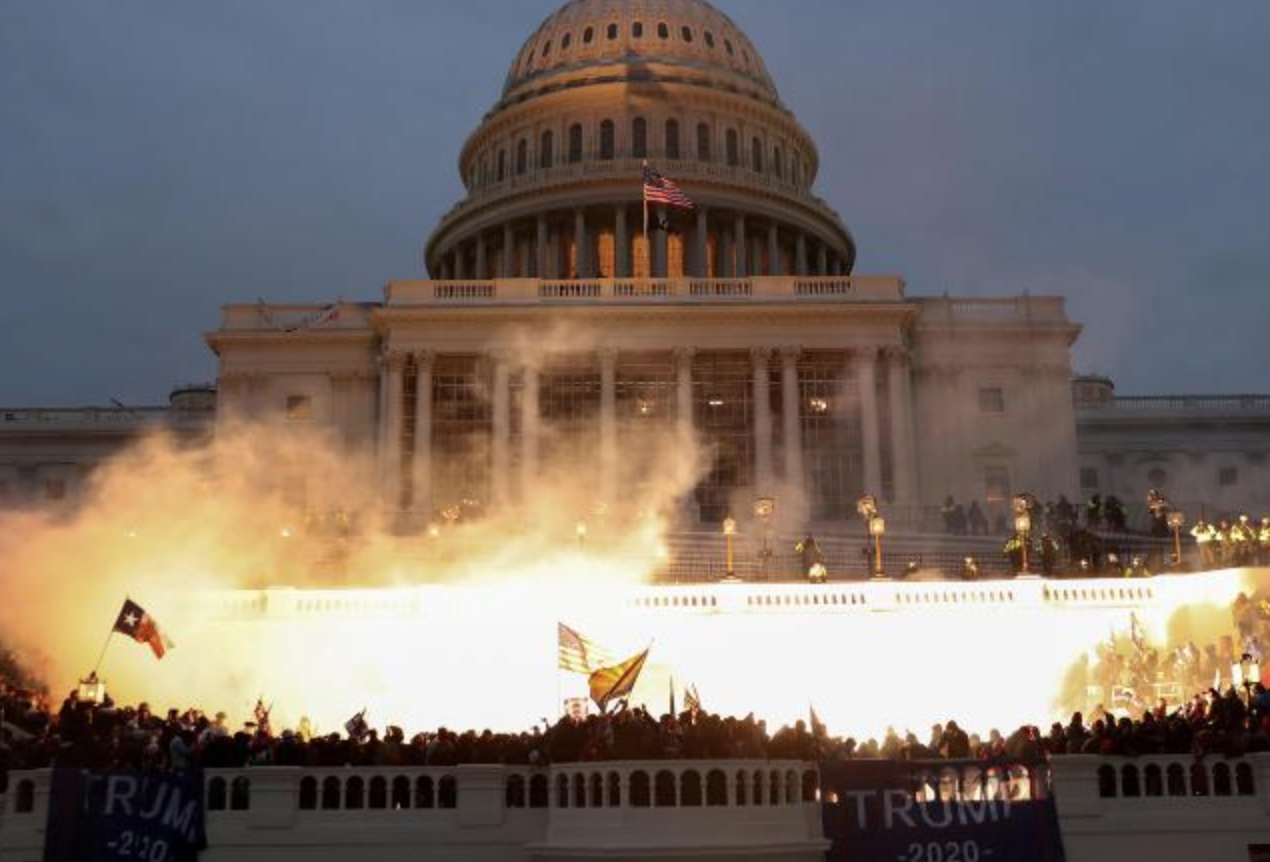Yes, here we go again. The first time I read through this Washington Post story — “Firing of gay Catholic school teacher could test latest Supreme Court ruling” — I thought it was another botched mainstream press story about a case in which a doctrinally defined academic community (in this case a Catholic school) fired a teacher who could not affirm the school’s doctrines (think Catholic Catechism).
That’s part of what is happening here. Once again, the journalists involved in reporting and editing this story failed to mention whether the school did or did not require teachers, staff and students to sign a covenant in which they affirmed Catholic teachings or, at the very least, agreed not to take public actions that rejected them.
That’s a classic “ministerial exception” case. The key issue is whether administrators have clearly stated the role that a doctrinal covenant plays in the life of their school. Hold that thought.
But this story has another goal — which is to fire distress rockets that the U.S. Supreme Court’s recent 303 Creative decision could strengthen the case of religious school leaders that want to employ faculty members and staff who affirm the teachings of their faith. The key word here is “bolster,” as in this secondary definition: “support or strengthen; prop up.” Look for that in the Post overture:
When Lonnie Billard announced on Facebook in October 2014 that he was engaged to his partner of 14 years, he knew not everyone in his social circles would celebrate the news. Same-sex marriage had only been legal in his home state of North Carolina for two weeks.
“If you don’t agree with this,” he wrote, “keep it to yourself.”
He received only congratulations in reply. But two months later, while the substitute teacher and his fiancé were celebrating Christmas with one of his colleagues at Charlotte Catholic High School, Billard mentioned that he hadn’t heard from the school about filling in during her post-holiday vacation.
That’s when Billard learned he was no longer being employed by the Catholic school because he was marrying a man. Billard sued the school for sex discrimination and won in 2021. That decision is being challenged by a nonprofit firm involved in multiple high-profile fights on behalf of religious conservatives, which says last month’s U.S. Supreme Court decision in favor of a web designer who did not want to work for gay couples bolsters its case.
In other words, the 303 Creative case might strengthen the already established First Amendment right of doctrinally defined religious institutions — think voluntary associations and private schools — to hire and fire personnel based on doctrinal standards. That would be bad. There is no need for the Post to consider how these First Amendment cases would defend the rights of progressive believers.










